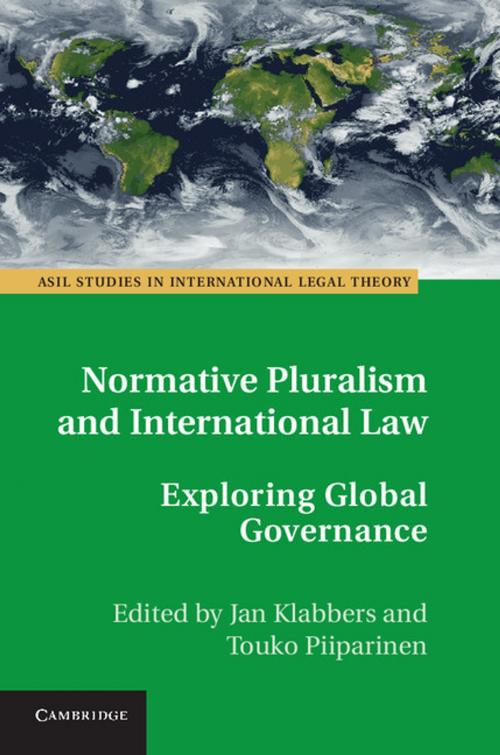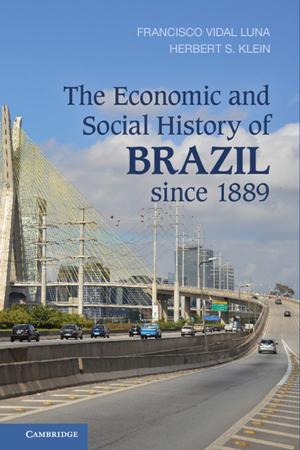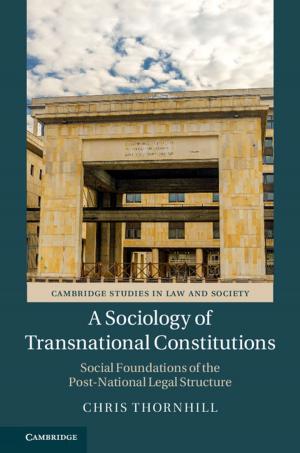Normative Pluralism and International Law
Exploring Global Governance
Nonfiction, Reference & Language, Law, International, Social & Cultural Studies, Political Science| Author: | ISBN: | 9781107241787 | |
| Publisher: | Cambridge University Press | Publication: | April 22, 2013 |
| Imprint: | Cambridge University Press | Language: | English |
| Author: | |
| ISBN: | 9781107241787 |
| Publisher: | Cambridge University Press |
| Publication: | April 22, 2013 |
| Imprint: | Cambridge University Press |
| Language: | English |
This book addresses conflicts involving different normative orders: what happens when international law prohibits behavior, but the same behavior is nonetheless morally justified or warranted? Can the actor concerned ignore international law under appeal to morality? Can soldiers escape legal liability by pointing to honor? Can accountants do so under reference to professional standards? How, in other words, does law relate to other normative orders? The assumption behind this book is that law no longer automatically claims supremacy, but that actors can pick and choose which code to follow. The novelty resides not so much in identifying conflicts, but in exploring if, when and how different orders can be used intentionally. In doing so, the book covers conflicts between legal orders and conflicts involving law and honor, self-regulation, lex mercatoria, local social practices, bureaucracy, religion, professional standards and morality.
This book addresses conflicts involving different normative orders: what happens when international law prohibits behavior, but the same behavior is nonetheless morally justified or warranted? Can the actor concerned ignore international law under appeal to morality? Can soldiers escape legal liability by pointing to honor? Can accountants do so under reference to professional standards? How, in other words, does law relate to other normative orders? The assumption behind this book is that law no longer automatically claims supremacy, but that actors can pick and choose which code to follow. The novelty resides not so much in identifying conflicts, but in exploring if, when and how different orders can be used intentionally. In doing so, the book covers conflicts between legal orders and conflicts involving law and honor, self-regulation, lex mercatoria, local social practices, bureaucracy, religion, professional standards and morality.















